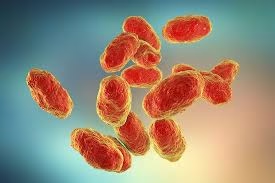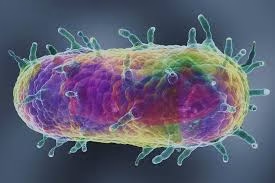
Introduction Haemophilus is a genus of small, pleomorphic, Gram-negative bacteria commonly found in the human upper respiratory tract. Members of this genus may exist as normal commensals or act as Read More ……..
Simplifying Allied Health Learning.

Introduction Haemophilus is a genus of small, pleomorphic, Gram-negative bacteria commonly found in the human upper respiratory tract. Members of this genus may exist as normal commensals or act as Read More ……..

Introduction Yersinia is a genus of Gram-negative bacteria belonging to the family Enterobacteriaceae. Members of this genus are short, rod-shaped (coccobacillary) organisms. Yersinia species are facultative anaerobes. The genus includes Read More ……..

Introduction Salmonella is a clinically important Gram-negative bacterium belonging to the family Enterobacteriaceae. It is a major cause of food-borne illnesses and systemic infections worldwide. The genus Salmonella includes numerous Read More ……..

Introduction Shigella is a Gram-negative, non-motile, non-spore-forming bacillus. It belongs to the family Enterobacteriaceae. Shigella is the causative agent of shigellosis (bacillary dysentery). The disease is characterized by bloody diarrhea, Read More ……..

Introduction Vibrio cholerae is a Gram-negative, curved (comma-shaped), motile bacterium. It is the causative agent of cholera, an acute water-borne diarrheal disease. The disease is characterized by profuse watery diarrhea, Read More ……..